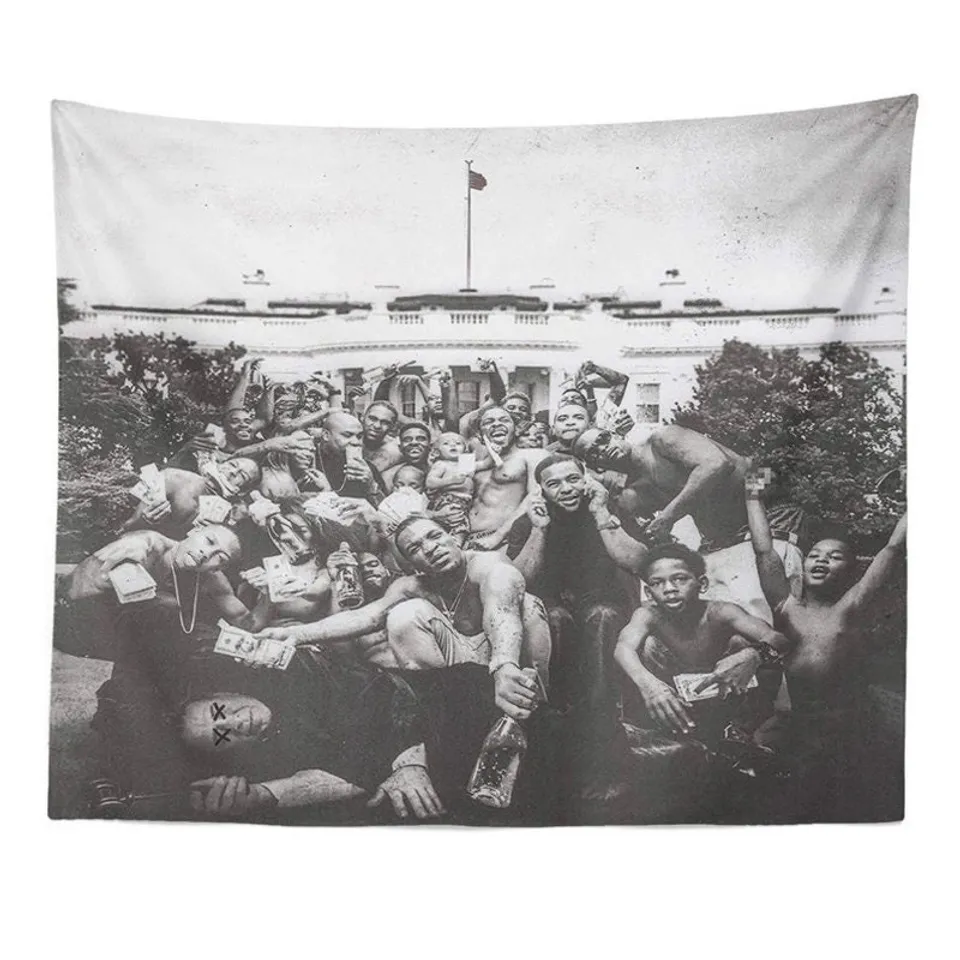Jalen Rose | Staff Writer
On March 22, the American horror film “Us” was released in movie theaters nationwide. The film was written and directed by Jordan Peele and starred Lupita Nyong’o and Winston Duke. The movie’s premise essentially revolves around evil doppelgangers seeking revenge on their counterparts.
The film involves a black family’s struggle for survival in this “apocalyptic” scenario. The actors and actresses play both the main characters and the doppelgangers. The film highlights the level of skill the cast had to harness to efficiently display the duality of their characters.
For quite some time, there has been a myth in Hollywood that black films won’t gross enough money. It’s believed that films with predominantly black casts will underperform in the box office. “Us” is just one of many examples that debunks this myth.
“Us” achieved a high level of success during its first opening weekend, debuting at $71.1 million. It had the second-best opening for a live-action original film as well as the third-best total for a horror film. The critical reception the movie received averages an A score on Rotten Tomatoes.
This reception directly opposes the myth of underperformance.
While some may believe that the only black films that can perform well in the box office are ones that highlight social trauma or slavery, Jordan Peele made it clear that he had no intentions of including these narratives in his latest movie.
“Us is a horror movie,” tweeted Peele.
Peele doesn’t want critiques to overanalyze the meaning behind the film. He doesn’t want people to solely interpret the movie as a “pro-black thriller.” It’s simply a horror movie.
Before the movie’s release, Peele didn’t bother with advertising the fact that “Us” is a movie with an all-black main cast. He didn’t talk about the all-black family, he just showed it. Peele is working towards normalizing films with black leads. In genres such as horror, people of color have been underrepresented for years. Peele is showing the audience that it is possible to include POC in these genres.
“Us” was able to achieve critical success and break racial barriers without verbally advertising the black cast as if it’s the sole source of substance brought to the film.
Peele is the perfect example of not “sticking to the mold.” He doesn’t stay on a single path; he makes his own. This will come to inspire many young black filmmakers. People will want to follow Peele’s footsteps and become their own trail blazers.
Recently, we’ve seen more success of black films in box offices. “Black Panther,” “Hidden Figures,” “Moonlight,” and “Creed” have all performed well in the box office and received positive critical reception.
This surge in all-black films hitting main theaters is indicative of where the film industry is headed. With the Black Hollywood myth being debunked time and time again, we will start to see more predominately-black movies. All-black casts won’t be confined to a small handful of genres. Instead, we’ll be able to see ourselves in every genre across the spectrum. This sense of representation will give black creatives the opportunity to work in genres such as horror, science fiction, and superhero films more often.
Films like “Us” will be the first of many.













